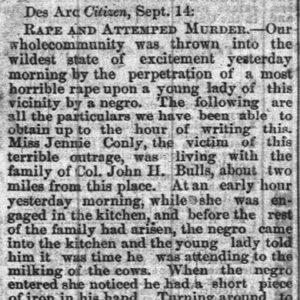 Jeff Johnson Lynching Article
Jeff Johnson Lynching Article
Entry Type: Event - Starting with J
 Jeff Johnson Lynching Article
Jeff Johnson Lynching Article
Johnson, William (Execution of)
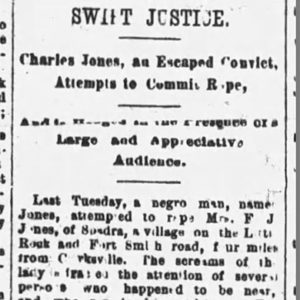 Charles Jones Execution Article
Charles Jones Execution Article
Jones, Charles (Execution of)
Jones, Henry (Lynching of)
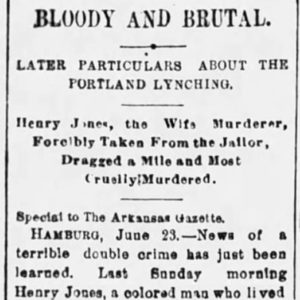 Henry Jones Lynching Article
Henry Jones Lynching Article
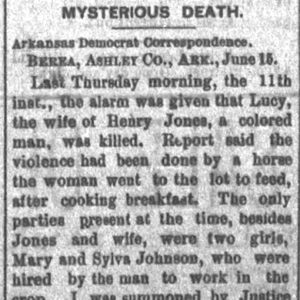 Henry Jones Lynching Article
Henry Jones Lynching Article
Jones, James (Lynching of)
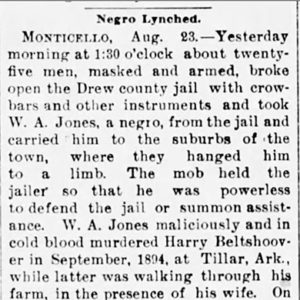 James Jones Lynching Article
James Jones Lynching Article
Jones, Jesse (Execution of)
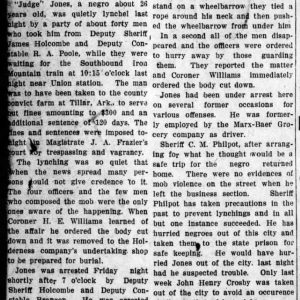 Judge Jones Lynching Article
Judge Jones Lynching Article
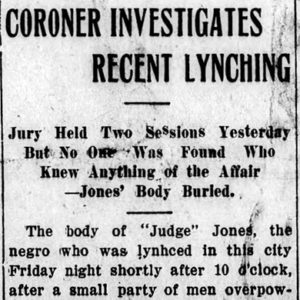 Judge Jones Lynching Article
Judge Jones Lynching Article
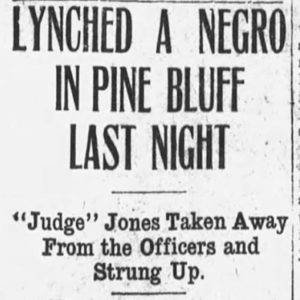 Judge Jones Lynching Article
Judge Jones Lynching Article
Jones, Judge (Lynching of)
Jonesboro Church Wars
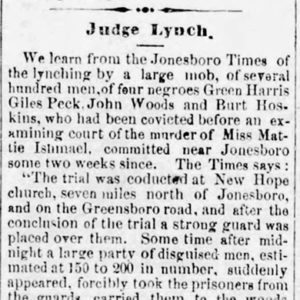 Jonesboro Lynching Article
Jonesboro Lynching Article
Jonesboro Lynching of 1881
aka: Greensboro Lynching of 1881
Jonesboro, Skirmish at
Jonquil Festival
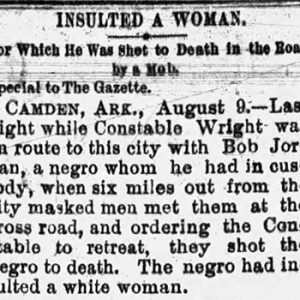 Bob Jordan Lynching Article
Bob Jordan Lynching Article
Jordan, Bob (Lynching of)
Juneteenth
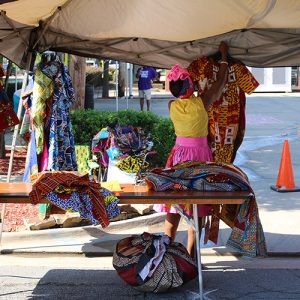 Juneteenth; 2018
Juneteenth; 2018
 Juneteenth; 2018
Juneteenth; 2018
 Juneteenth; 2018
Juneteenth; 2018




